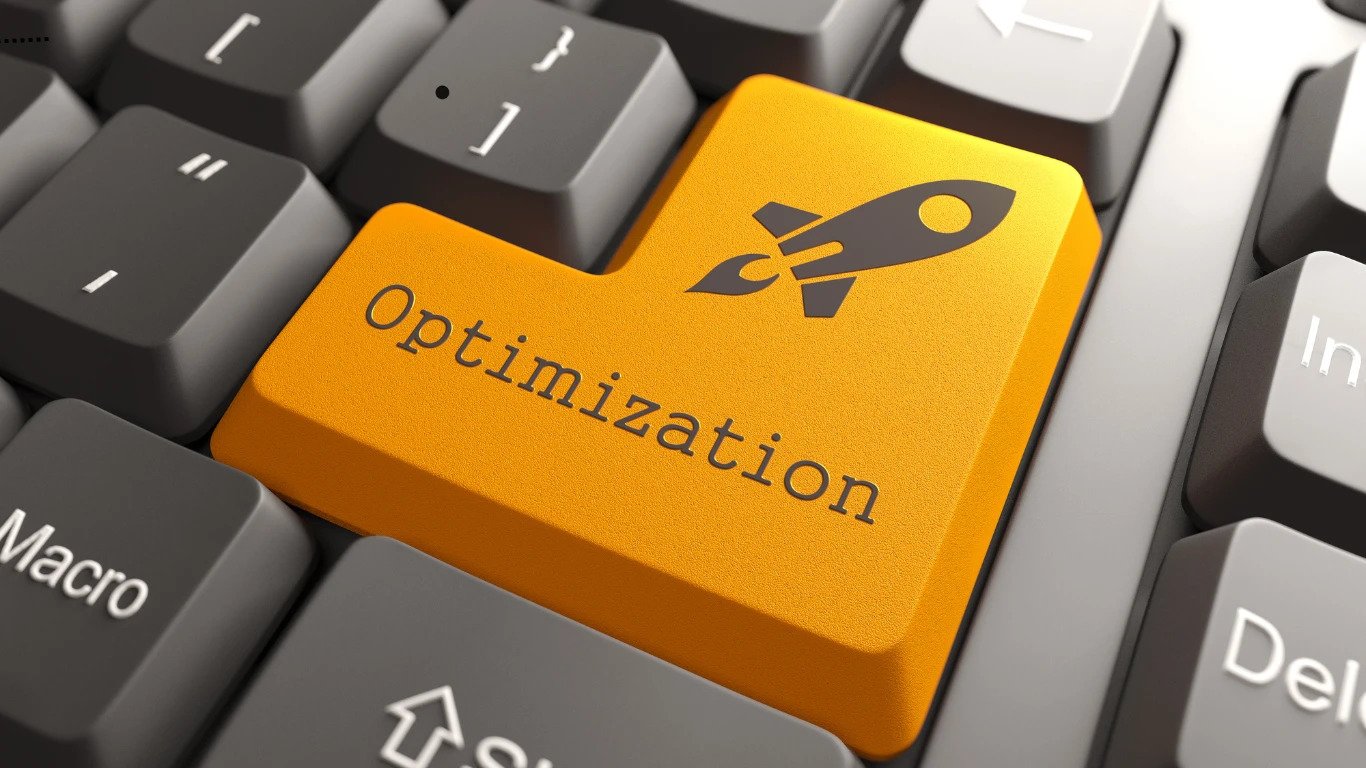The intersection of Generative AI (Gen AI) and Enterprise Resource Planning (ERP) is creating a significant shift in how businesses operate. By 2025, ERP systems will no longer be just tools for managing finances, inventory, and human resources—they’ll evolve into intelligent platforms that reshape workflows, automate decision-making, and enhance customer interactions. This blog explores how Gen AI is redefining ERP systems, offering businesses new opportunities to streamline operations and improve their competitiveness.
What is Generative AI, and Why Does it Matter for ERP?
Generative AI, powered by machine learning models like neural networks, can produce human-like responses, generate content, and perform complex problem-solving tasks. Unlike traditional AI, which follows pre-programmed rules, Gen AI learns from vast datasets, making it adaptive and responsive.
In the context of ERP, this means smarter, faster, and more efficient business processes. Imagine an ERP system that not only processes orders but also predicts future demand or automatically resolves supply chain issues based on historical patterns and real-time data.
- Smarter, Data-Driven Decision-Making
One of the biggest advantages Gen AI brings to ERP systems is enhanced decision-making. While traditional ERP systems provide static reports, Gen AI-powered systems analyze real-time data, offering actionable insights and forecasts.
For example, rather than waiting for monthly sales reviews, a Gen AI-integrated ERP can provide continuous updates, highlighting sales trends, inventory issues, and customer behavior. This enables businesses to adjust strategies instantly—whether that means reallocating inventory, tweaking marketing campaigns, or adjusting pricing to match demand fluctuations.
- Automating Complex, Time-Consuming Tasks
ERP systems have long been known for automating repetitive tasks, but Gen AI takes this a step further by handling complex, multi-step processes. This includes automating:
- Demand Forecasting: AI analyzes historical sales, current market conditions, and even external factors like weather or global events to predict future demand accurately.
- Financial Reconciliation: Instead of manual data checks, Gen AI can perform automated, cross-border financial reconciliations, reducing errors and saving time.
- Human Resource Management: From identifying top candidates to conducting performance reviews, Gen AI-enhanced HR modules streamline workforce management.
By eliminating manual bottlenecks, companies can redirect human effort towards higher-value activities like innovation and strategy development.
- Personalized Customer Service at Scale
Customer expectations are higher than ever. Gen AI-powered ERP systems enable businesses to offer personalized customer experiences by analyzing data from multiple touchpoints—sales, marketing, customer support, and beyond.
For instance, companies using NetSuite Support Services can integrate AI-driven tools that tailor customer interactions based on past purchases, preferences, and even predicted needs. Whether it’s faster problem resolution, personalized product recommendations, or proactive service updates, Gen AI empowers businesses to deliver customer experiences that feel human, even at scale.
- Natural Language Processing (NLP) for Intuitive Interactions
Navigating complex ERP systems often requires specialized training, but Gen AI is changing that with Natural Language Processing (NLP). In 2025, more ERP systems will feature conversational interfaces, allowing users to interact with systems using natural language commands.
For example, a supply chain manager could ask, “How many units of product X are in stock?” or “What’s our delivery schedule for the next week?” The system responds instantly, simplifying interactions and reducing the need for technical expertise. This user-friendly interface not only boosts productivity but also makes ERP systems more accessible across departments.
- Revolutionizing Supply Chain Management
Supply chains have become more global and complex, making real-time visibility and rapid decision-making essential. Gen AI is transforming ERP-driven supply chain management by providing tools that can:
- Predict Disruptions: AI algorithms can analyze geopolitical, environmental, and market data to predict potential supply chain disruptions.
- Optimize Routes and Inventory: Gen AI can recommend optimal shipping routes, minimize delivery times, and suggest inventory adjustments to prevent shortages or overstocking.
- Enhance Supplier Collaboration: By analyzing past supplier performance and market conditions, AI can help businesses negotiate better contracts and identify alternative suppliers when needed.
This proactive approach ensures that businesses maintain operational continuity, even during unforeseen challenges.
- Real-Time Analytics for Agile Business Operations
Traditional ERP systems often suffer from data lag, where reports are outdated by the time they’re generated. Gen AI eliminates this issue by offering real-time analytics. Businesses can make on-the-spot decisions, adjusting operations as needed.
For instance, a retail chain could use AI-powered ERP analytics to dynamically adjust pricing during peak shopping hours, optimizing both sales and inventory levels. This real-time adaptability is a game-changer for industries where rapid response times are crucial.
- Strengthening ERP Security with AI
As cyber threats evolve, ERP security is a growing concern. Gen AI enhances ERP security by detecting and neutralizing potential threats before they cause damage. AI can monitor system activity for unusual patterns, flagging potential breaches in real time and reducing the need for manual oversight.
In 2025, businesses using Gen AI-powered ERP systems will benefit from proactive cybersecurity measures, including automated vulnerability scans, anomaly detection, and real-time incident response, ensuring sensitive data remains protected.
- Scaling ERP Systems Effortlessly
As businesses expand into new markets or add new product lines, scalability becomes crucial. Gen AI-powered ERP systems can adapt seamlessly, handling larger datasets, more complex workflows, and multi-regional operations without the need for significant manual reconfiguration.
This flexibility ensures that businesses can grow without being held back by their technology, maintaining operational efficiency as they scale.
Conclusion: Generative AI is the Future of ERP
By 2025, the integration of Generative AI into ERP systems will redefine how businesses operate, providing smarter insights, faster automation, and enhanced customer experiences. From automating routine tasks to making data-driven decisions in real-time, Gen AI will transform ERP systems into intelligent, proactive business tools.
Companies that embrace this technological shift will not only streamline their operations but also gain a competitive edge in the market. Whether you’re a mid-sized business or a global enterprise, investing in Gen AI-powered ERP systems like Oracle NetSuite can position your company for long-term success in the digital age.
